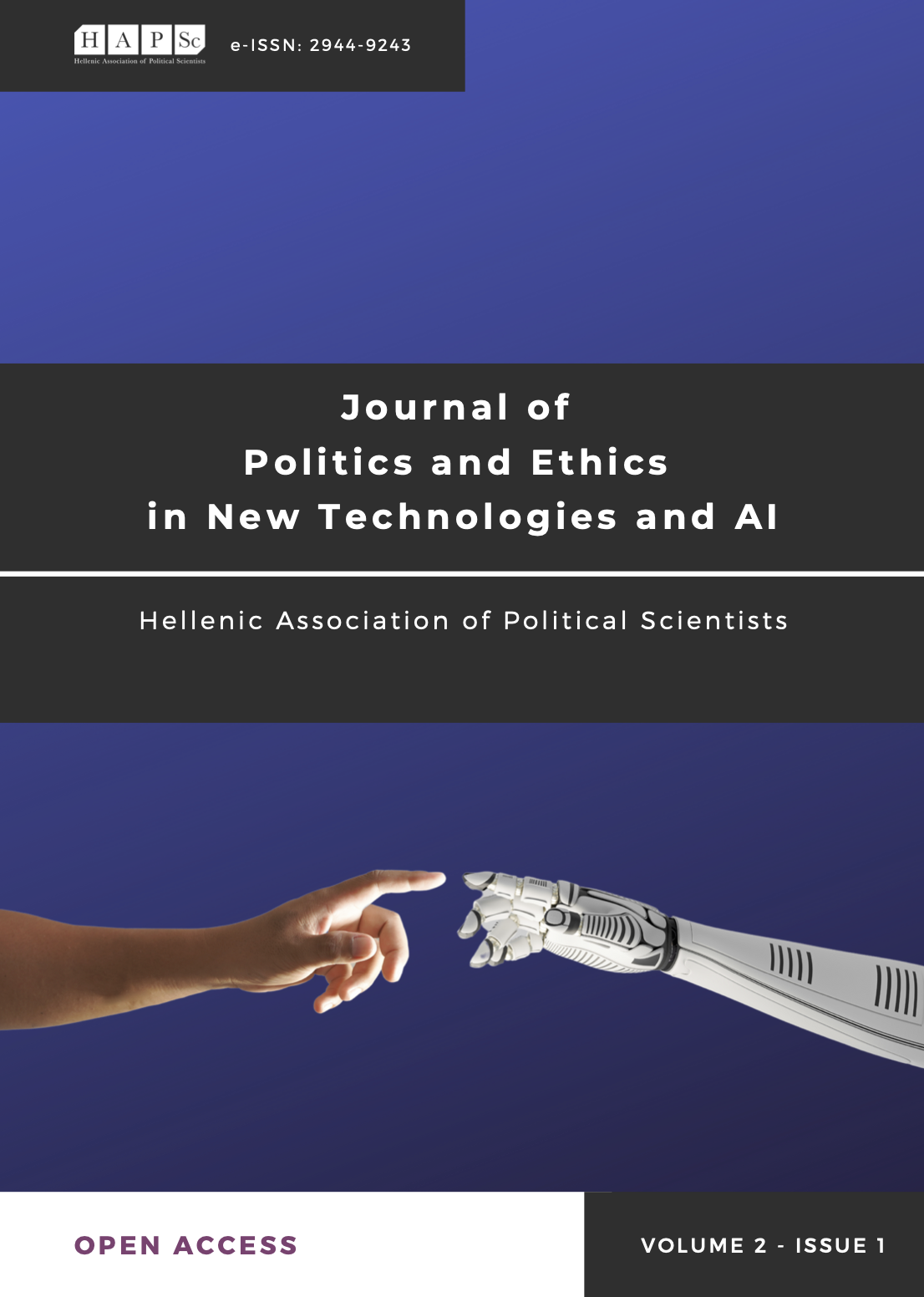Balancing ChatGPT and Data Protection in Germany: Challenges and Opportunities for Policy Makers

Abstract
In the last few months there has been widespread discussion about the remarkable progress made in the field of artificial intelligence, specifically large language models such as "ChatGPT". The ethical implications of AI, particularly concerning data protection, have sparked discussions on the necessity of robust regulations. This article examines the intersection of data protection, ChatGPT, and the ethics of AI, it explores Germany's ongoing efforts to strike a balance between harnessing the potential of large language models as ChatGPT and ensuring responsible and transparent use of AI technology in the policy-making realm. The GDPR serves as a guiding framework, necessitating careful consideration of privacy rights and secure handling of personal data when deploying ChatGPT in Germany's policy-making processes. The study draws on analysis on the current laws and regulations of data protection in Germany while studying Germany's commitment to safeguarding personal information through the active presence of The German Federal Commissioner for Data Protection and Freedom of Information. The first section provides a context and presents the policy problem. The second section looks at the available policy options on the role of policymaking in establishing comprehensive regulations regarding the use of ChatGPT and generative AI. The third section provides recommendations on how Germany can ensure the responsible management of ChatGPT, through strengthening data protection laws and regulations, simultaneously, restricting ChatGPT usage to private users and government, also, embracing appropriate usage of generative AI while developing ethical guidelines and best practices to harness its benefits, fostering innovation and advancement.
Article Details
- Section
- Research Articles

This work is licensed under a Creative Commons Attribution 4.0 International License.
Authors retain copyright and grant the journal right of first publication with the work simultaneously licensed under Creative Commons 4.0 (CC-BY 4.0) license, that allows others to share the work with an acknowledgement of the work's authorship and initial publication in this journal.





